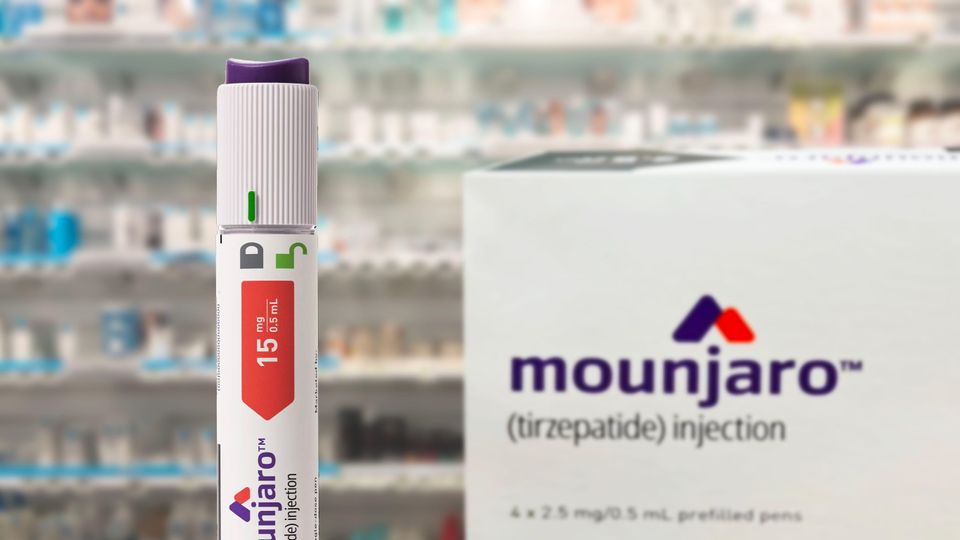New hub and spoke legislation which would have allowed for the model to be extended so dispensing could take place between different legal entities has been delayed indefinitely. With many pharmacies already struggling to survive, this will only exacerbate many of the challenges faced by pharmacy. Sales and Marketing Director, Louise Laban, explains more.
What Is the Hub and Spoke Legislation?
Community pharmacy is stuck in a vicious circle. Pharmacies are closing at an alarming rate whilst the Government is talking about moving care away from hospitals and into the community to focus on preventative care. While the Government talks about this vision for the future, the stark reality is that pharmacies are already struggling to meet the current Pharmacy First thresholds. And now we discover that one of the key components that could create capacity in pharmacy to deliver more clinical services has been put on hold….indefinitely.
The recently published Darzi review, which was commissioned after the new Government came to power to assess the state of the NHS, praised the value of community pharmacies and preventative services. But it recognised the level of pharmacy closures across the country and warned pharmacy access could be 'at risk'.
The Impact on Pharmacies
Community pharmacy is ideally placed to deliver the Government’s vision of preventative care in the community. But let’s all be clear, moving preventative services into community pharmacies has, so far, been nowhere near as successful as it could have been due to the current climate pharmacies find themselves in.
The Pharmacy First scheme is testament to this. Just this week it was announced that consultation thresholds for the Pharmacy First scheme have been reduced from 30 consultations to 20. It’s the second time in three months that the thresholds have been reduced and it follows an intervention from Community Pharmacy England who wanted to “save many pharmacies from missing out on a vital payment this month.” In June alone, 3,269 participating pharmacies failed to meet the threshold – that’s almost a third of all community pharmacies in England.
The need for capacity
Community Pharmacy England says more needs to be done to market the Pharmacy First scheme and ensure GPs are actively referring patients to the service. And they are right – it does. But more also needs to be done to release capacity to deliver the scheme. Pharmacy First will struggle to get fully off the ground without significant changes to the way medication is dispensed. Pharmacies have to become more efficient in the way they dispense medication if they are to ever meet the current Pharmacy First thresholds and deliver any new clinical services that may be put in place in the future. The current way of dispensing is inefficient and antiquated, a hub and spoke model of dispensing that is accessible for all pharmacies would change that.
I’m very clear that a hub and spoke model of dispensing has its critics but at Centred Solutions we have the data to prove the model works. That data is freely available on our website and we are always happy to share it directly with anyone who doubts the effectiveness of hub and spoke. At Centred Solutions we have been providing hub and spoke solutions to a range of pharmacy groups for over three years now. This has put us in a unique position to evaluate the effectiveness of hub and spoke models in a host of different environments. We have been able to use this local data alongside national data to produce a report which demonstrates the benefits and return on a hub and spoke investment for the first time.
Transform the way you dispense your repeat prescriptions
Hub and spoke can pay for itself in under two years and it has the ability to move 50% of total dispensing volumes out of an average pharmacy, and 70-80% of repeat dispensing volumes. Removing this from stores frees up capacity for staff to deliver more services. Even with a conservative NHS services model, a five-group branch each dispensing an average of 8,000 items, could make an average profit of £234,597 per year from services after year one and £909,712 over five years. This profit takes into account the capital expenditure and operating costs incurred with setting up the hub. The more stores the greater the profit. A 10-group branch dispensing an average of 8,000 items, could make an average profit of £521,930 per year from services after year one and £2,176,251 over five years and a 20-group branch dispensing an average of 8,000 items, could make an average of £1,189,605 per year from services after year one and £4,993,745 over five years after costs.
It goes without saying that community pharmacy needs a fairer funding deal and it needs one quickly. But it Is highly unlikely that any new funding is going to be enough to fill the £1 billion black hole that already exists. In addition to fairer funding, community pharmacies need tools that will enable them to become more profitable. Hub and spoke has the ability to do this so it has to be a priority alongside any funding arrangements.
The ability to reduce costs With Hub & Spoke
Hub and Spoke doesn’t just enable pharmacies to become more profitable. Our data has showed a reduction in 80% of payroll costs per item when comparing a hub model of dispensing to an in-branch model. Payroll costs per item to dispense in a hub are 19p compared to 99p in a store. This means pharmacies can save 80p on payroll costs per item by moving to a hub and spoke model. It also allows an average pharmacy to reduce stock in store by 50%, resulting in a one-off stock saving.
The decision to delay the implementation of hub and spoke between different legal entities is a real concern. We know of many smaller pharmacy groups and collectives who were eagerly awaiting legislation changes so they could take advantage of the benefits that hub and spoke brings. Their plans to secure the future of their business have now been put on hold. While this legislation is not in place there will never be a level playing field for hub and spoke in community pharmacy. And it is those smaller groups and independents, who are already fighting for survival, that it will impact the most.
Is Your Pharmacy Ready for the Hub and Spoke Model?
Don’t wait for the legislation to catch up—start preparing for the future today. At Centred Solutions, we help pharmacies explore hub and spoke options that work within current regulations, ensuring you’re ready when the changes come.
Contact us today to schedule a demonstration and discover how we can support your pharmacy’s transition to a more efficient and sustainable model.




